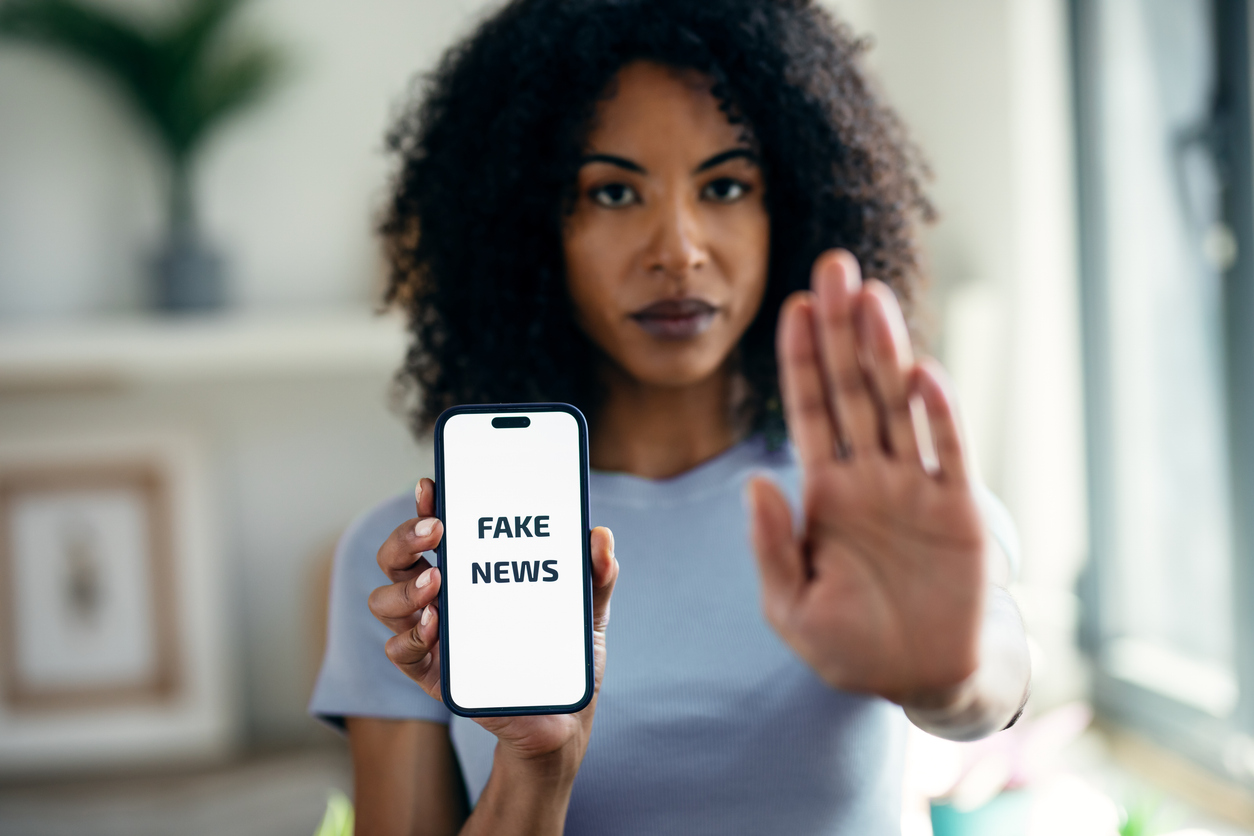New Zealand confiscates guns over political ideology

New Zealand police revoked gun licenses from 62 Kiwis over their political beliefs, Reason reported this month.
The gun owners were targeted in an intelligence operation aimed at the Sovereign Citizen movement, whose members challenge the legitimacy of the Kiwi government. The group saw its ranks swell during the COVID-19 pandemic when the government canceled various freedoms and openly relegated unvaccinated taxpayers to second-class citizens.
Police said they identified 1,400 sovereign citizens, 158 of whom had gun licenses. Of those, police determined that 62 were not “fit and proper” to own firearms as required under the country’s Arms Act.
The Waikato Times, which first broke the story, claims that sovereign citizens “consider themselves exempt from the law.” However, there have been no accusations of the gun owners evading taxes or breaking laws other than failing to be “fit and proper.”
Does gun ownership help protect free speech?
New Zealand is not the only government to have recently confiscated guns from citizens who have disfavored views, however. Other countries that have been confiscating guns from their political opponents, like Germany and Brazil, have also been cracking down on political opposition. In August, for example, German police investigated a user for criticizing a politician, which is a criminal offense in Germany. In Brazil, authorities have been jailing and censoring dissenting taxpayers, drawing inspiration from the US government’s response to January 6th.
Similarly, the Biden-Harris administration, which openly targets its political opponents, has revoked the most gun dealer licenses in history and employs underhanded tactics to seize firearms from lawful gun owners.
This suggests a link between the First Amendment and the Second Amendment, where free speech is backed by gun ownership.
The Second Amendment: A bulwark against tyranny
Constitutional scholars explain that the intent behind the Second Amendment was to allow citizens to defend themselves against a tyrannical government.
“Naturally, everyone understood that a government (whether tyrannical or not) will do all it can to suppress rebellion; but the thought was that the existence of an armed citizenry will deter the government from getting tyrannical, and will give a majority the tools that it could use to overthrow an oppressive minority that has taken over the government,” Prof. Eugene Volokh, a constitutional scholar who clerked for former US Supreme Court Justice Sandra Day O’Connor, told The Gold Report.
Volokh’s understanding of the Second Amendment is backed by statements from America’s founders around the time the amendment was written.
“What country can preserve its liberties if their rulers are not warned from time to time that their people preserve the spirit of resistance,” said Thomas Jefferson. “Let them take arms.”
St. George Tucker, a judge and officer in the Virginia Militia, said: “In America we may reasonably hope that the people will never cease to regard the right of keeping and bearing arms as the surest pledge of their liberty.”
Tench Coxe, a Patriot and delegate to the Continental Congress, stated: “As civil rulers, not having their duty to the people before them, may attempt to tyrannize, and as the military forces which must be occasionally raised to defend our country, might pervert their power to the injury of their fellow citizens, the people are confirmed by the article in their right to keep and bear their private arms.”




